

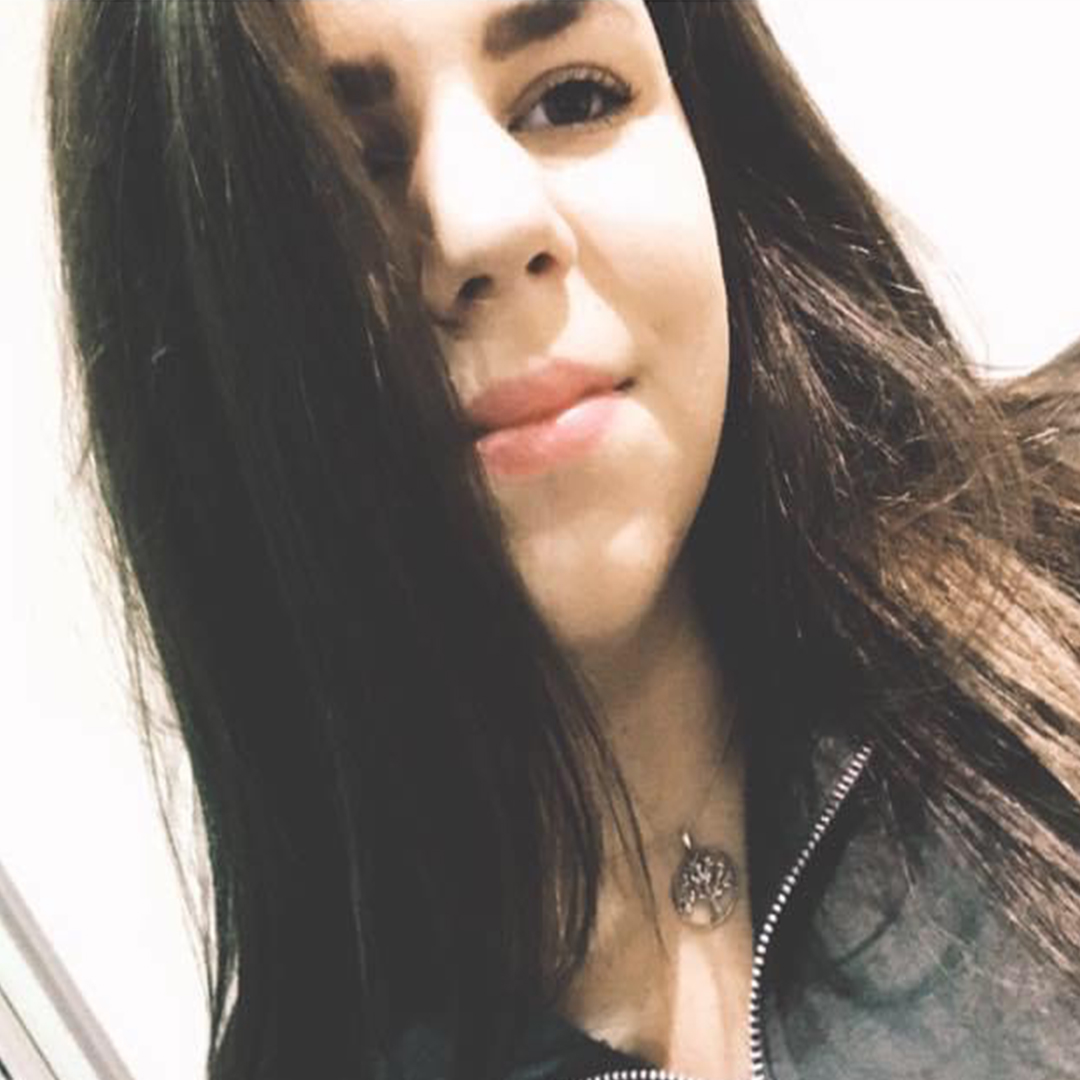
Project Manager, Researcher

Graphic Designer

Graphic Designer, Video Editor, Sound Designer

Digital Marketer, Researcher
Procrastination is one of the fundamental issues that a student can face during their time in third level education and is typically caused by poor time management and a large workload of assignments (Hussain and Sultan 2010). In Hussain and Sultans article Analysis of Procrastination among university students, they found that from a study on 500 students, 87% of these students had delayed preparing or submitting an assignment (2010). Amal Saleeby Malek also mentions procrastination to be one of the top issues that students face, and that it can also occur because of low interest in an assignment or unclear instructions. (2014). There are many ways to tackle procrastination, such as managing your tasks and time, creating a good learning space, and managing your motivation (Xie and Cheng 2020). We plan to tackle this issue through our social media campaign, by creating audio-visuals that inform students on how to deal with procrastination.
Lifestyle is a major issue that students face that is often overlooked by colleges. Unhealthy dietary behavior is one of the six top health risk behaviors identified in college students (Douglas et al.,1997; Lowrey et al.,2000). Once moving out of the home many students must cook for themselves, often students will make unhealthy meals out of convenience and they do not have parental figures to guide them to healthier options. Janet Polivy and C. Peter Herman state that “Higher self-esteem is associated with healthy eating.” We hope to teach students quick healthy meals that they can prepare in advance that will not take hours and will not cost a great deal. We intend to do this through short cooking tutorial videos.
Lifestyle issues is a prominent issue that our target audience faces. We plan to use this social media campaign to inform our audience on how to start making new friends, where the place to shop is; best hairdressers/barbers etc. In a study carried out about settling in and unemployment it was found that female students that worried about unemployment was at an 82 percentage and male students was at a 55.17 percentage. (Doygun and Gulec 2012). When publishing our content on the campaign, we will make a conscious decision to make every post on lifestyle budget friendly.
Mental Health is a critical issue that many students struggle with, and poor mental health can come consequently with any of the problems mentioned above. As mental health is a serious issue, and we advise turning to the college for resources such as counsellors, there are a variety of reasons why poor mental health can occur. The journal article Student mental health and well-being: Overview and Future Directions talks about some of the reason’s students can have a poor well-being, such as poor sleep schedules, binge drinking or excessive social media (Bewick et al 2010 cited in M. Hill et al 2020). An article from The Journal also talks about the substantial number of mental health cases that occur around September and October from students, and how the pandemic is contributing to it (McGrath 2020). Long hours inside and looking at screens due to the lockdown and online learning can be both mentally and physically draining. We plan to tackle some of these mild issues that could contribute to poor mental health, by informing students about these issues and how to resolve them on our social media. We also plan to host a podcast where we offer peer-to-peer advice and information about all the above issues.
Our aim is to investigate the issues that are commonly faced by students in third level education. Our aim is to find out what these issues are and how they can be resolved, and then tackle the issues using our social media campaign. Our research questions are:
What can make college a difficult experience for third level students?
What are the ways that these problems can be tackled?
The research that was used in the study included a mix of qualitative and quantitative research methods. The reasoning behind choosing these methods is it allowed us to compare data from two different forms of research methods. The research was carried out through survey distributed to students and through interviews of the study body representatives. Surveys were chosen as the qualitative method as it allowed the study to obtain a large quantity of data. The data that was gathered from the surveys and interviews helped this study determine the main issues that students face during their college experience. To gain a clear understanding of the issues that students face, a minimum of 80 responses was needed for the study to effectively analysis the data. However more than 80 responses allow for a margin for error if some surveys are only partially filled in. The target audience was third level students, and the age of the student was not taken into consideration. All participants of the survey will remain anonymous.
The survey consisted of 8 questions, which asked questions in each of the four main areas which we plan to tackle: Procrastination, Healthy Eating, Mental Health, and Lifestyle. The questions consisted of multiple-choice and open-ended questions, allowing for a mix of quantitative and qualitative data to be gathered. The questions were designed to gather useful data on students in third level education, all of which would benefit our research in the struggle’s students face in third level education. The survey also asked about student’s usage of social media, to gain a better understanding of what platforms students regularly use. All responses were analysed to gain a better understanding of what students regularly struggle with in third level education, and the findings were taken into consideration when creating the content for our campaign.
Members of the Student Union, both male and female were chosen for interviews. The interviews helped us gain a better insight into the struggles that students face, as the Student Union representatives work with students on a daily basis. The interview sample size consisted of three participants. This small number of participants will make it easy to analyze the data collected. Due to the COVID-19 restrictions the interviews were conducted online through audio recordings and email. The interview questions were semi-structured. At the start of the interview, they were asked four questions each in relation to the topics that this study covered, before finally being asked to share their thoughts and opinions on the social media campaign.
All participants involved in both the questionnaire and interviews were informed as to why the research was being conducted. Participants in the questionnaire and interviews were provided anonymity, and all participants in our research were given the option to omit any questions and withdraw their participation at any point, without any consequences. All information that was provided was stored on an online storage encrypted account (e.g., OneDrive) and this data will be stored on this account until the study is complete in accordance with DkIT policy. The data will be retained for the duration of the research and then will destroyed after accomplishment. Only members of this research group will have access to this account. This account will be password protected and only members of this research group will have access to this password.
A total of three interviews were held with each representative of the student union. The interviewees will remain anonymous throughout the project. Each interview granted us with insightful windows into the minds of the students. The interviews proved useful as the participants gave advice and their thoughts on our project at the end of each interview. The information gained from the interviews helped curate and shape the content we created and guided our project. Interviewee 3 expressed how students mental health has plummeted due to the online college circumstances. Interviewee 3 continued to say that a student support or safe space would have been very beneficial when they were in college. All three interviewees agreed that there has been a decrease in student engagement this year due to students already having to constantly be online for college. However, interviewee 1 stated that social media would be the most effective way to reach students as it is so engaging. For the campaign to be successful, the interviewees recommended that we keep content plain, simple and consistent. Overall, the interviewees believed that our social media campaign has the grounds to be highly successful. Interviewee 1 put an emphasis on the marketing on the project and how the campaign is presented to the public. These interviews were a key contributor to the growth of our project.
A total of 170 responses were received and then the survey was closed. The survey consisted of a number of open and closed questions. The first several questions after the recipient their level of social media usage per app. The question prompted the survey respondent to rate each social media application 1 being not at all whereas 5 being all the time. The quantitative responses in the survey are represented on graphs or pie charts whereas the qualitative questions were analysed by the means of a thematic analysis. Each qualitative question was isolated in a new excel sheet where the sub-themes were extracted. These sub-themes were then grouped into larger themes. Each response was then allocated into the suitable theme.
The answers received from the question regarding Instagram confirmed that this app was the ideal platform to house our social media campaign. It is obvious from the graph, that the level of Instagram usage of DkIT students is very high. Therefore, Instagram is the ideal medium to reach our target audience. When asking students have they ever struggled with procrastination 88.2% of students admit to having struggled with it. It is clear that procrastination is an avid problem applying to students. The responses from these questions shaped the content that we aimed to create. The common themes extracted included ‘balance in life’ and ‘academic’. This overruling theme continued to be prominent where 37.1% percent of students said they find trouble with creating routine and having a healthy college/life balance. 25.3% of students admit to struggling with budgeting and finances. The re-occurring themes include cooking, household skills, budgeting and time management. 38% of students agreed that had to learn how to cook when moving away from home.
The final question of the survey asks students would they engage with a social media campaign that aims to help students, the majority of students at 76% answered yes that they would engage with a campaign aimed to address these student problems. This confirmed that the social media campaign had the potential to be successful. The survey results had a major impact on the way that the content would be created and presented. These responses were taken into utmost consideration throughout the campaign.
Supporting Our Students is a campaign project that uses social media as a primary platform, having the ability to be implemented across multiple devices. The project is an engaging social media campaign that uses popular applications such as TikTok and Instagram. The campaign’s primary goal is to create content that will help students with the issues that they regularly face during their time in third-level education. The project focuses on posting bite-sized content on social media such as video content demonstrating quick student meals, infographic content providing students with tips and tricks, and graphic content with motivational quotes. This content provides useful information to students as well as engages in relevant and current trends in the today’s student demographic.

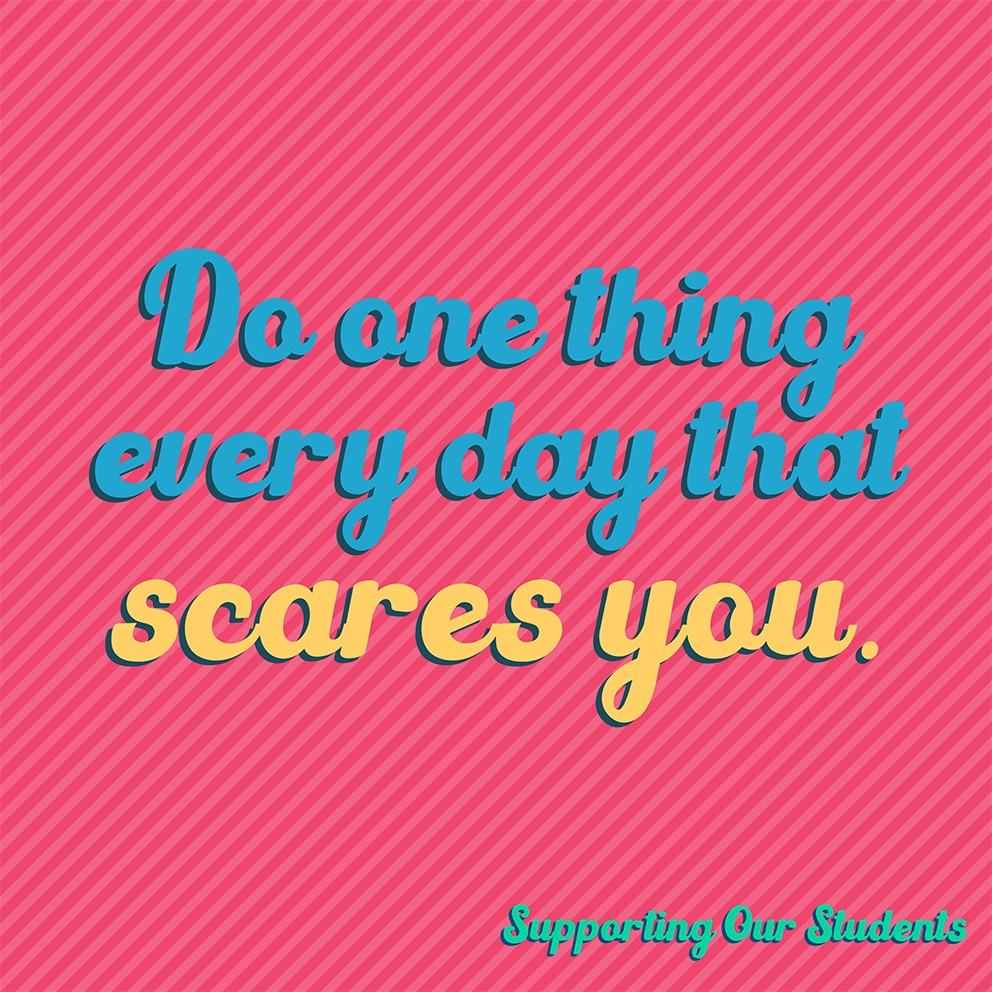
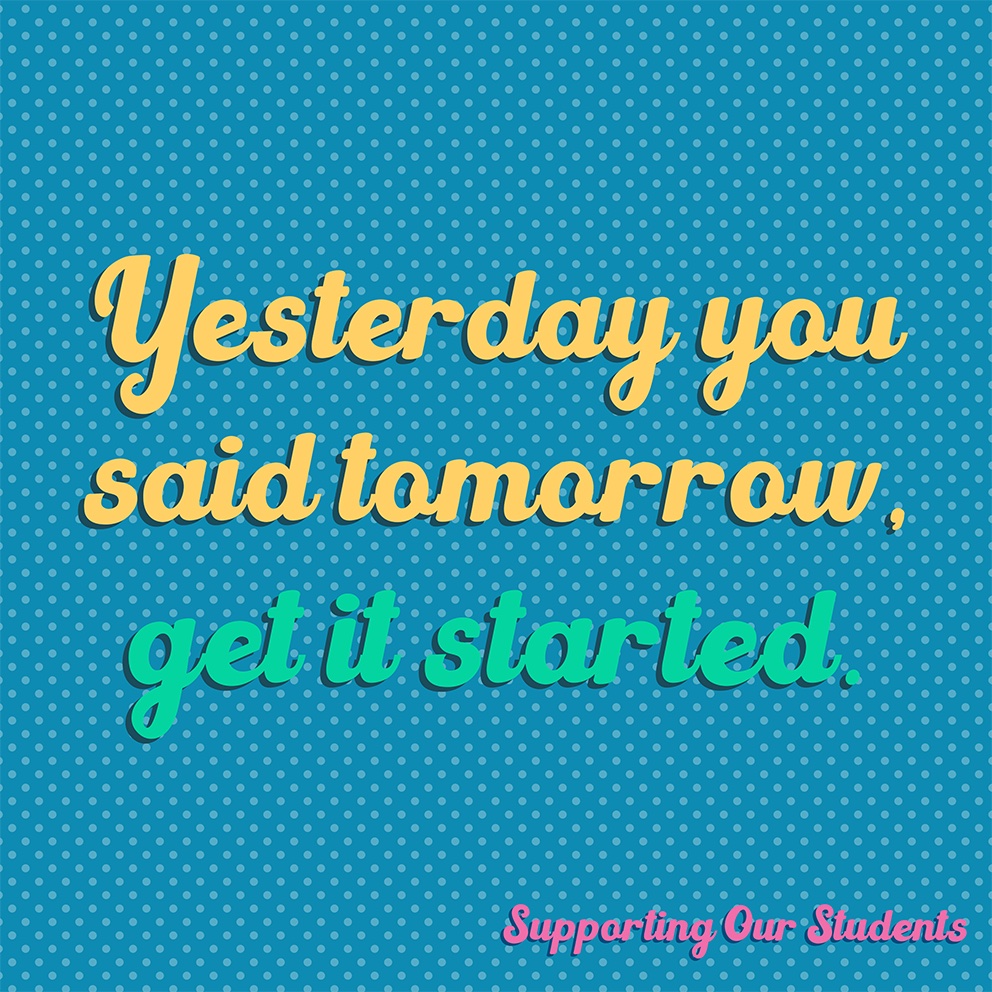

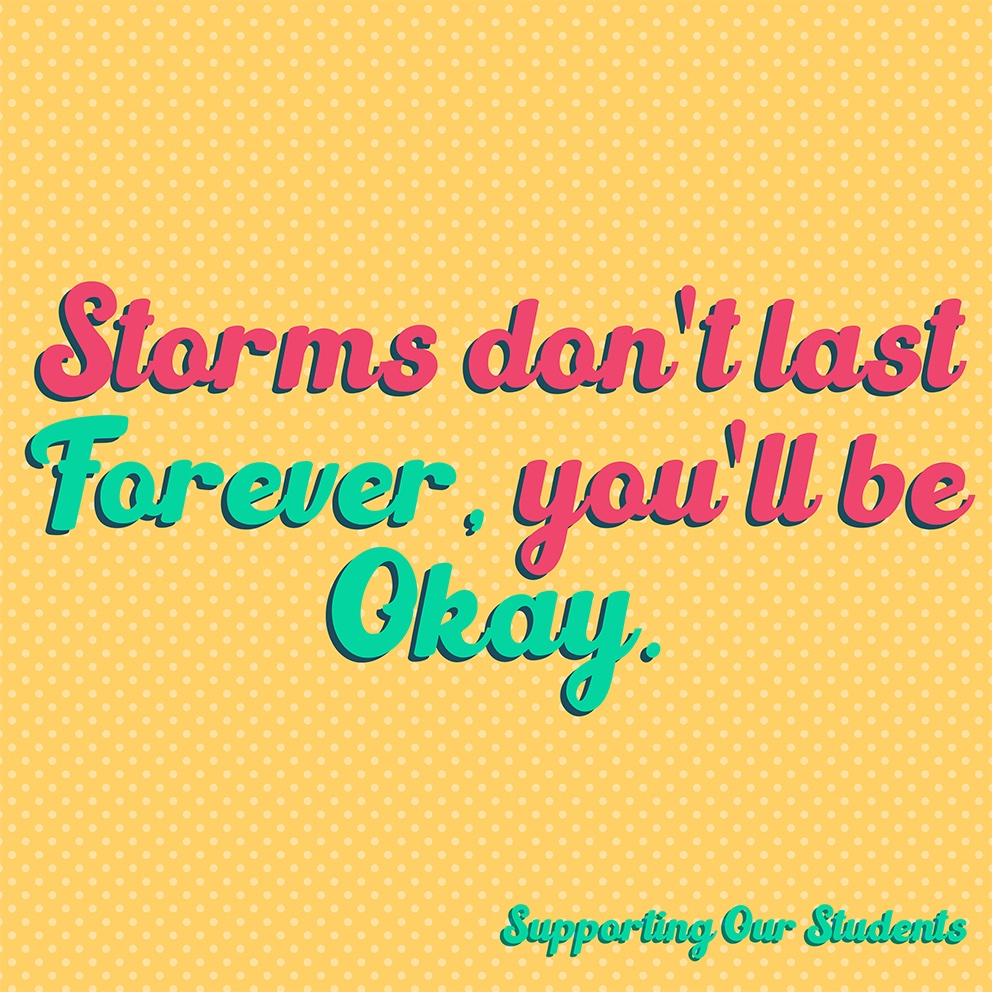

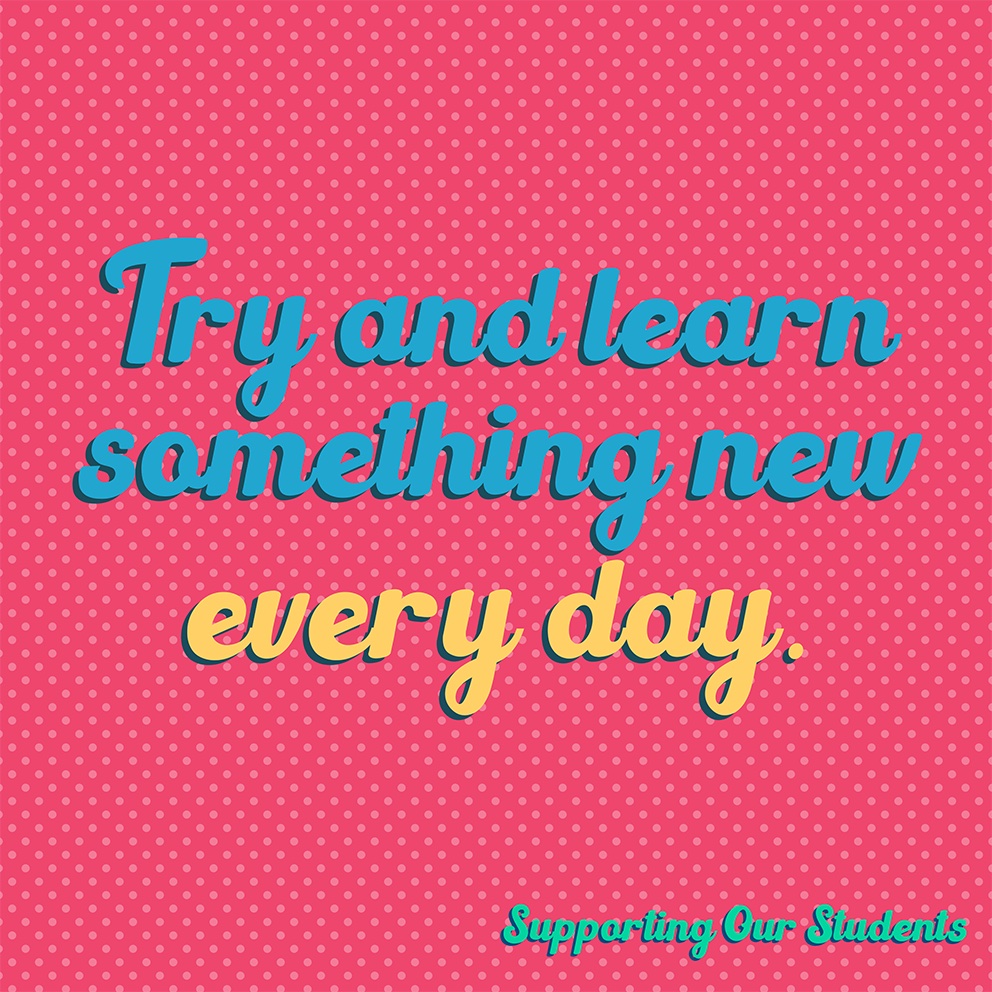


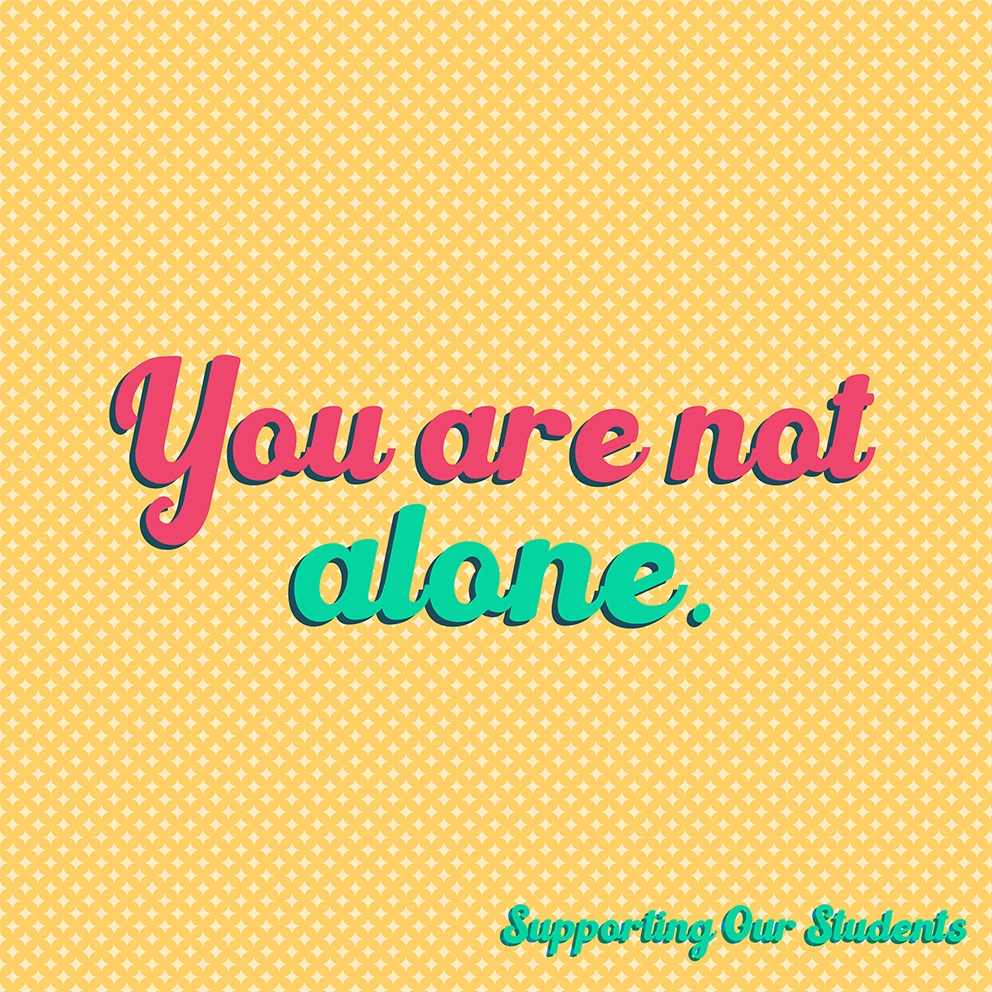

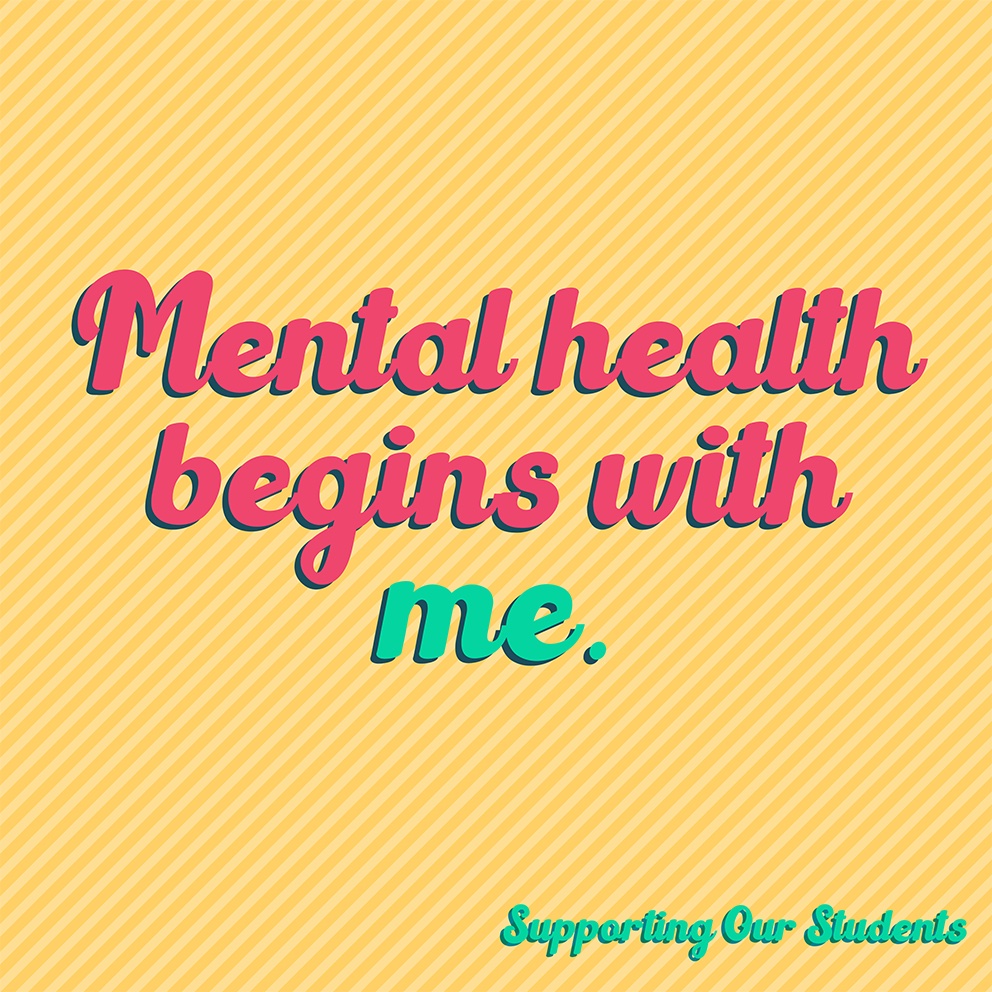

Get in touch, if you have any questions.
Dundalk, Co.Louth, Ireland
sosdkit@gmail.com